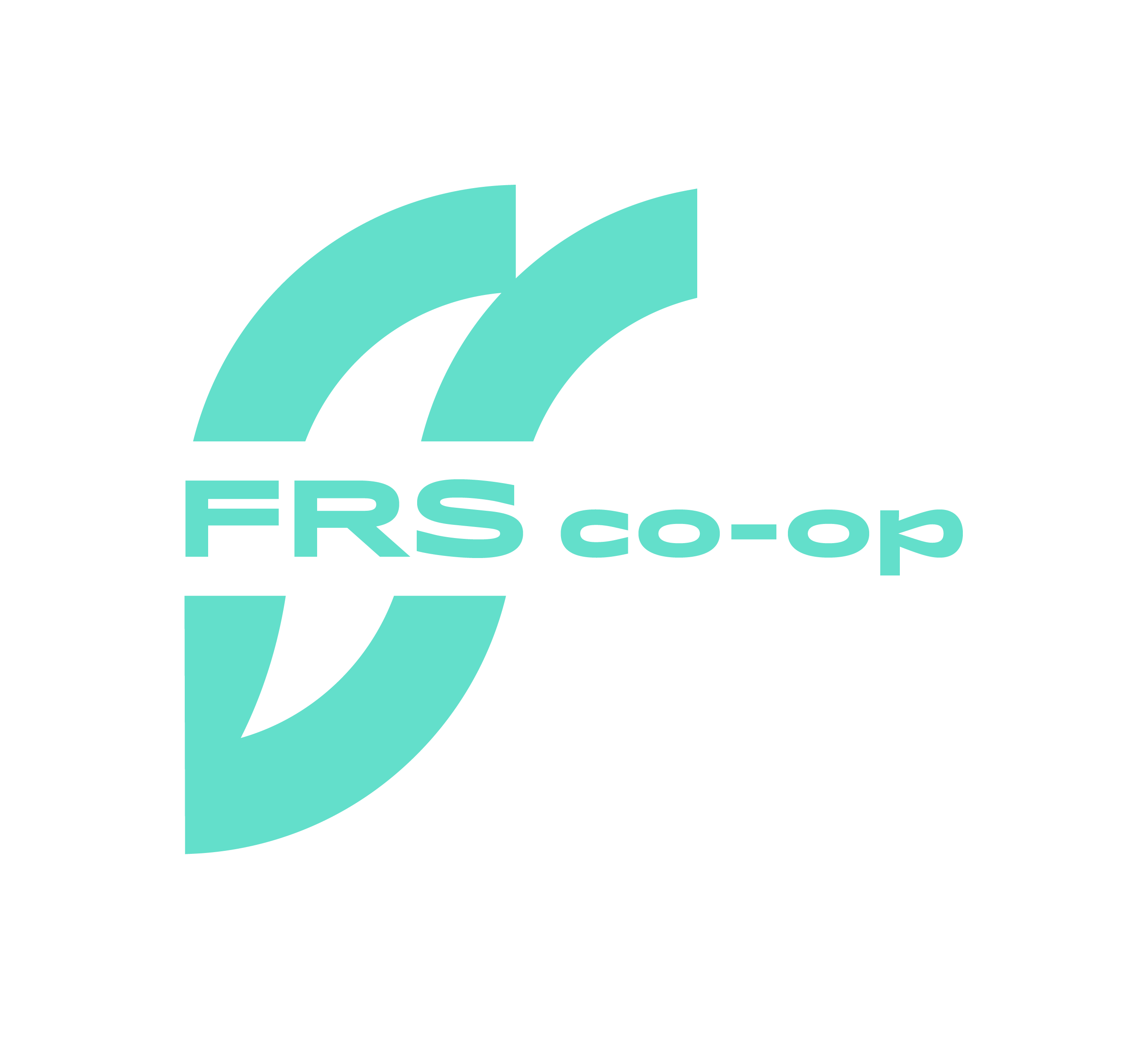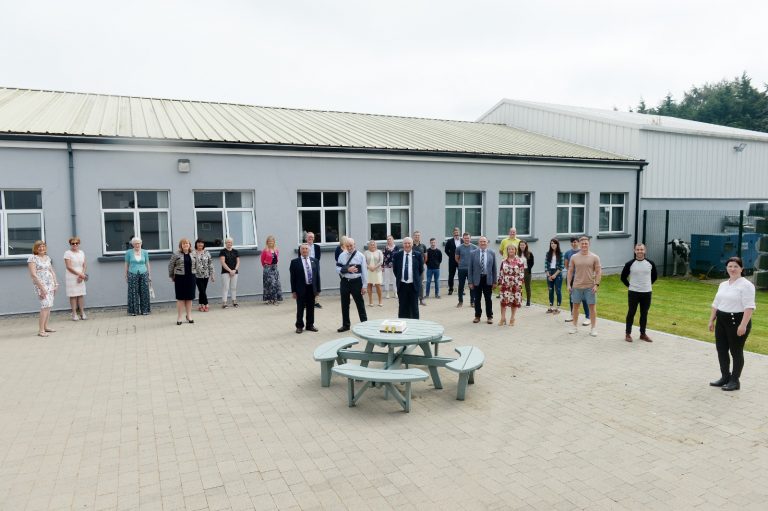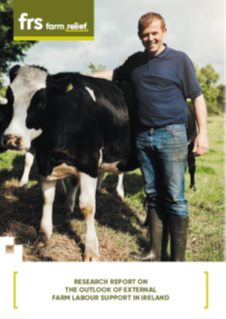New survey by FRS Recruitment finds that the average Irish business is facing €25,000 in additional employee costs next year due to Auto-Enrolment Scheme
- The new auto-enrolment pension scheme will cost the average Irish business an additional €25,000 in employee-related charges from next year
- A nationwide survey conducted by FRS Recruitment has found that 76% of Irish businesses expect the new scheme to negatively impact profitability in 2026
- Businesses are considering price increases, hiring pauses, or lower investment to mitigate against the additional costs of auto-enrolment
The average Irish business is facing a €25,000 increase in employee related costs from next year due to the introduction of the auto-enrolment pension scheme, a nationwide survey conducted by FRS Recruitment has found.
The survey also found that vast majority of businesses are forecasting that the introduction of the government-imposed pension scheme will have a negative impact on their profitability in 2026, with most companies planning to either raise prices or freeze hiring plans in a bid to mitigate additional costs associated with auto-enrolment.
FRS Recruitment also surveyed employees to understand their views on auto-enrolment. And despite significant communications about the scheme to date, the majority of Irish workers admitted they still don’t fully understand how auto-enrolment will work or what it will mean for their financial security.
Auto-Enrolment is a government-led initiative designed to help employees save for retirement from an earlier age. The scheme will automatically enrol more than 800,000 workers into a designated pension fund called ‘My Future Fund’ from 1st January 2026.
Eligible employees will make pension contributions starting at 1.5% of gross salary and rising to 6% of salary over time. Matched contributions from employers also start at 1.5% of gross salary and rise to 6% over time.
According to the results of FRS Recruitment’s survey, auto-enrolment will add just over €25,000 in additional employee-related costs to the average Irish business in 2026.
Drilling down further in the figures, almost one in ten Irish businesses have estimated the new auto-enrolment scheme will cost their company between €25,000 and €50,000 in additional employee related charges next year, while a further 15% of respondents said they expect costs to rise by €10,000 to €25,000.
Just under a fifth of Irish companies (19%) said they expect auto-enrolment to add between €5,000 and €10,000 in additional costs next year, while 5% estimate costs will rise between €50,000 and €100,000. Three per cent of respondents estimate the introduction of auto-enrolment will add more than €100,000 in annual costs to their business from next year.
Profit Impact
Business owners have voiced their concerns about how auto-enrolment will affect their bottom-line next year, especially for vulnerable smaller businesses.
The vast majority (76%) of respondents to the FRS Recruitment survey said they expect auto-enrolment will negatively impact their company’s profitability next year, with 34% saying it would have a ‘significant’ impact on profitability and 42% saying it would have ‘somewhat’ of a negative impact.
As a result of the increased costs associated with the scheme, almost all businesses said they plan to take some mitigating action to help absorb the costs, with 45% of respondents signalling they will increase sales prices, 35% planning to implement a hiring freeze or reduce certain staff hours, while just over a fifth (22%) of businesses said they will reduce investment in training or equipment.
Employee Confusion
It is clear from the FRS Recruitment survey that the majority of Irish workers do not understand how auto-enrolment will work or even how it will impact their personal finances.
The survey found that the majority of employees (59%) admitted they need more advice from their employer about how the auto-enrolment pension scheme works, while 55% called for greater online guidance around how it will impact them. Over 40% said there needs to be more communication from government on auto-enrolment.
Interestingly, the majority of employees that say they do understand how auto-enrolment works said they will likely stay enrolled in the scheme – even though there appears to be limited confidence it will improve their financial security.
The FRS Recruitment survey found that 60% of employees said they will either ‘definitely’ or ‘probably’ stay enrolled in the My Future Fund pension scheme once it kicks off in January, even though just 24% of respondents have confidence the scheme will improve their financial security in retirement. In contrast, 44% of employees said they are not confident that auto-enrolment will improve their financial security in retirement.
Affordability
Just over a third (36%) of employees surveyed by FRS Recruitment said they have a private or workplace pension in place. For those now falling into the auto-enrolment scheme from January, 18% said the pension deductions will be difficult to afford, while 10% said the scheme is ‘unaffordable’ to them.
In contrast, 18% of employees now falling into auto-enrolment believe the scheme will be easily affordable while 54% said the pension contributions would be ‘manageable but noticeable’.
One in four (26%) workers said they expect their take-home-pay to drop by up to €20 each week, while the majority of respondents (65%) said they were still ‘Unsure’ about the impact on their take-home pay.
Commenting on the results of the survey, Colin Donnery, CEO of FRS Co-Op, said:
“Auto-enrolment represents the most significant shift in Ireland’s pension landscape in a generation. When the My Future Fund scheme begins in 2026, every eligible worker will start saving automatically toward retirement – strengthening long-term financial security nationwide.
“Yet as our survey clearly highlights that many businesses are concerned about the additional cost pressures the scheme will bring, with over three quarters of employers expecting reduced profitability in 2026 as a result of auto-enrolment. It’s therefore no surprise to see many companies considering price rises, hiring pauses, or lower investment to mitigate against the additional costs of the scheme.
“From an employee perspective, our survey shows that most Irish workers are yet to be convinced that auto-enrolment will actually improve their long-term financial security. Despite this, a strong majority of employees maintain they will remain enrolled in the scheme once it starts.
“Auto-enrolment is a positive step for Ireland, but it will require planning, adaptability, and strong communication for government once it comes into force from next year to ensure it is a success.”




